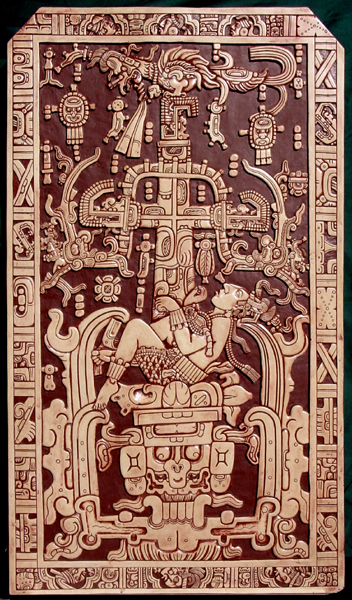|
Will the calendar 'end' on December 21, 2012?
No, it will not. In fact no Mayan archeologist has ever suggested December 21, 2012 as an 'end date' for the calendar.
The Mayans understood very large numbers, and December 21, 2012 (from the JES Thompson (attributed) correlation) simply translates to a LongCount of 0.13.0.0.0.0.
The LongCount can go much higher. It's like an odometer change, nothing more.
What is so significant about December 21, 2012?
December 21, 2012 is the Winter Solstice, but the date was never predicted by JES Thompson, rather it has been attributed to him, hence the (attributed) after his name.
What do you mean by Correlation Number?
Many different attempts have been made to correlate the Mayan Calendar with the Gregorian.
In order to convert from one calendar system to another, a special value was proposed by various archeologists and theorists.
This value, called the correlation number, is totally unique between all 16 advocates that we cover in this app.
What's so special about 13.0.0.0.0?
We really don't know. That actually translates into 1,872,000 days. We believe that the Mayans had a special affinity for certain numbers, and 1,872,000 was one of them, but we really don't know why.
What's the next day after 13.0.0.0.0?
13.0.0.0.1.
So how did all this Mayan mysticism start?
 | A lot of it started with the ideas proposed by people like Erich von Däniken, and Alexander Kazantev who postulated that many ancient societies received their knowledge through visitations by extra terrestrials.
Alexander Kazantev, for example, proposed that the carving on this sarcophagus of the Mayan leader King Pacal Votan the Great, is actually a space traveller in his spacecraft.
A serious student of the ancient Americas learns very early that honest conclusions cannot be made without evidence, and in the case of the Mayan civilization, there are too many unknowns.
Because there are so many unknowns, wild, fanciful speculation finds a home. It is interesting that aliens apparently didn't bother to visit ancient Rome or Greece, maybe because their societies were too well documented, and yet the advancements of both those cultures were staggering.
In the Mayan Mathematics section, you'll discover that the Mayans did not even understand fractions, had never left the copper age, and that many of their calculations did not stand the test of time.
|
|

